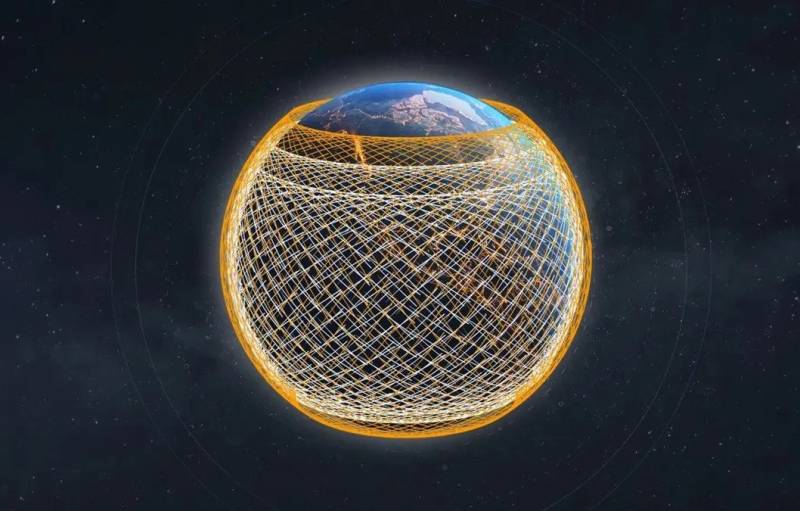Amazon successfully tests laser satellite communications in space
Amazon has successfully tested its laser satellite communications in space. The Internet communications project Project Kuiper should put into orbit satellites with an optical inter-satellite communication system, in which satellites exchange information using infrared laser beams, the company's press service reported.
Technology tested on two satellites KuiperSat-1 and KuiperSat-2, launched in October 2023. During the test, it was possible to achieve a communication channel of 100 Gbit/s over a distance of 1000 kilometers. The devices “communicated” using laser beams for an hour. The test showed that the network will be able to maintain communication between several satellites at the same time.
The results ensure that OISLs will operate on our first production satellites, scheduled to launch in the first half of 2024
- Amazon said in a statement.
There are significant advantages to using lasers in space. This system allows you to transmit the Internet to areas where there are no terrestrial stations. These can range from remote regions around the world to remote locations in the ocean.
And the absence of atmospheric interference allows you to achieve high speed information transfer. Using OISL in space, data is transmitted approximately 30% faster than using terrestrial fiber optic cables, the company said.
Such a system could, for example, allow a cruise ship in the middle of the ocean or an airplane on a transatlantic flight to securely transmit data from anywhere on Earth.
Amazon aims to launch 3236 satellites to create an in-orbit broadband network by the first half of 2024. To do this, the company has already established partnerships with United Launch Alliance, Arianespace, Blue Origin and even its competitor SpaceX.

Information